Electric Vehicles: Cutting Your Running Costs by Half
EVs cost up to 50% less to run than petrol cars, see how much you could save.

.jpg)

If you’re still on the fence about switching to an electric vehicle (EV), here’s something to consider: EVs can cost 50% less to run compared to petrol cars. That’s a serious saving that could put thousands back into your pocket over the years.
With fluctuating fuel prices and maintenance costs adding up, EVs are a smart financial choice. Let’s break down exactly how they save you money and why now is the perfect time to make the switch.
EVs vs Petrol: Where Do the Savings Come From?
According to Fleet News,
"The average annual running cost of an electric vehicle is £1,154, compared to £2,316 for a petrol car—representing a 50.2% saving."
These savings come from lower fuel costs, reduced maintenance, and tax advantages.
Fuel Costs: The Big Difference
Fuel savings make up a significant chunk of the cost difference. Charging an EV, especially at home, is far cheaper than filling up with petrol.
Driving an EV for 10,000 miles per year could cost as little as £174 in electricity when using an off-peak home charging tariff of around 7.55p/kWh.
In contrast, covering the same distance with a petrol car typically costs around £1,209 in fuel expenses. This translates to a potential saving of over £1,000 annually just on fuel costs.
For even greater savings, many EV drivers use smart tariffs such as the Intelligent Octopus tariff or OVO Charge Anytime, which offer lower electricity rates during off-peak hours, reducing home charging costs even further.
Lower Maintenance Costs
EVs are mechanically simpler than petrol cars — there are no oil changes, fewer moving parts, and no exhaust system to worry about. This translates to lower servicing costs over time.
Fleet News highlights that,
"servicing and maintenance costs for EVs average £232 per year, compared to £295 for petrol cars."
Over five years, that’s another £315 saved—not to mention fewer unexpected breakdowns.
What About Insurance And Road Tax?
What’s Changing for EV Tax?
Currently, EV owners enjoy zero road tax, while petrol and diesel cars continue to be taxed based on emissions. However, from April 2025, EVs will be subject to standard vehicle tax rates. Even so, they remain a cost-effective choice, especially for those benefiting from home or workplace charging
Insurance Costs: Getting Better
Historically, EV insurance premiums have been higher, but that’s changing fast. Fleet News reports that EV insurance costs fell by 18% in 2024, and as more EVs enter the market, this trend is expected to continue.
Beyond Cost Savings: Why Go Electric?
Switching to an EV isn’t just about saving money. There are bigger benefits, including:
- Lower carbon emissions: EVs produce zero tailpipe emissions, improving air quality.
- Quieter, smoother driving: Instant torque, no engine noise, and less vibration.
- More charging options than ever: The UK’s EV charging infrastructure is expanding, making public charging easier.
Thinking of Making The Switch? Here’s What to Do Next
One of the biggest questions people ask before switching to an EV is: how much does it cost to install an electric car charger? The answer depends on factors such as your home’s wiring, charger type, and whether you're eligible for financial support. While installation costs can vary, many EV owners find that with smart tariffs — like OVO Charge Anytime and Intelligent Octopus Go — and available grants, the initial investment soon pays for itself through fuel savings.
For businesses and homeowners looking to set up EV charging installation, Voltari can provide expert advice and solutions tailored to your needs.
Want to explore your options? Get in touch with Voltari today for expert guidance on EV charging installation and the financial benefits of switching to electric.
The future is electric—why wait?
Contact Us
For more information about any of our services, to talk through your requirements or to get a quote, get in touch - we'd love to hear from you!
.jpg)

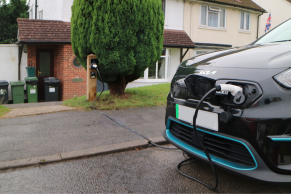
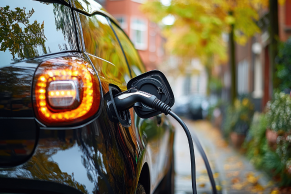

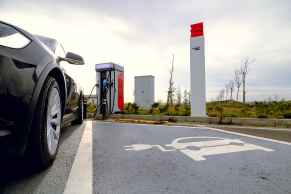
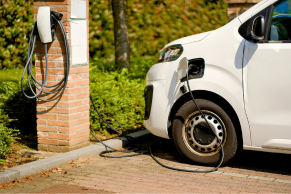
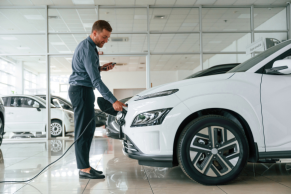
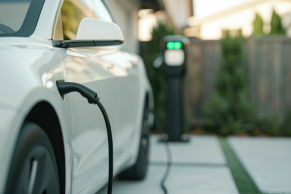


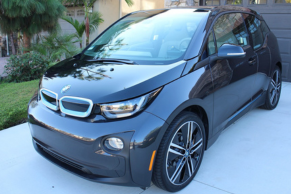
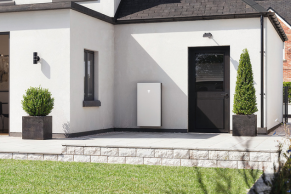

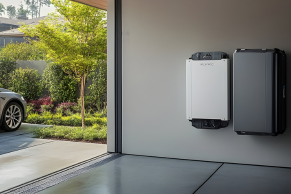

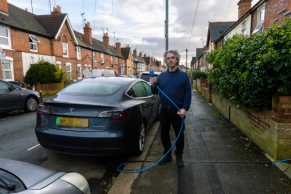
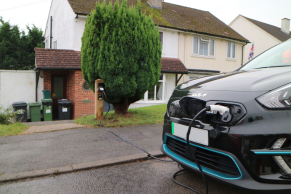
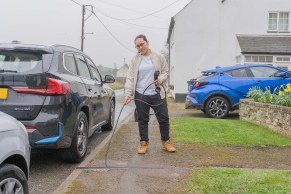
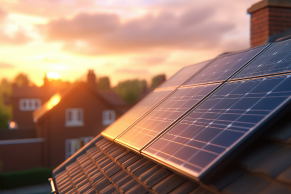
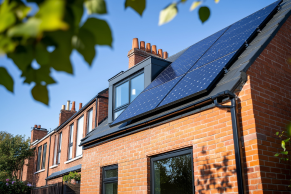


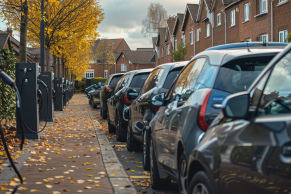




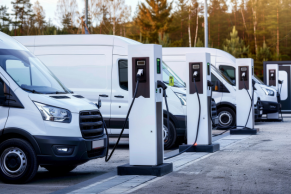







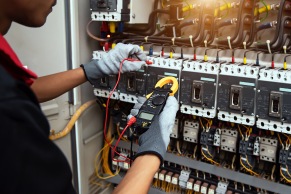























%20(1)%20(1)%20(1)%20(1)%20(1)%20(1)%20(1)%20(1)%20(1)%20(1).png)
